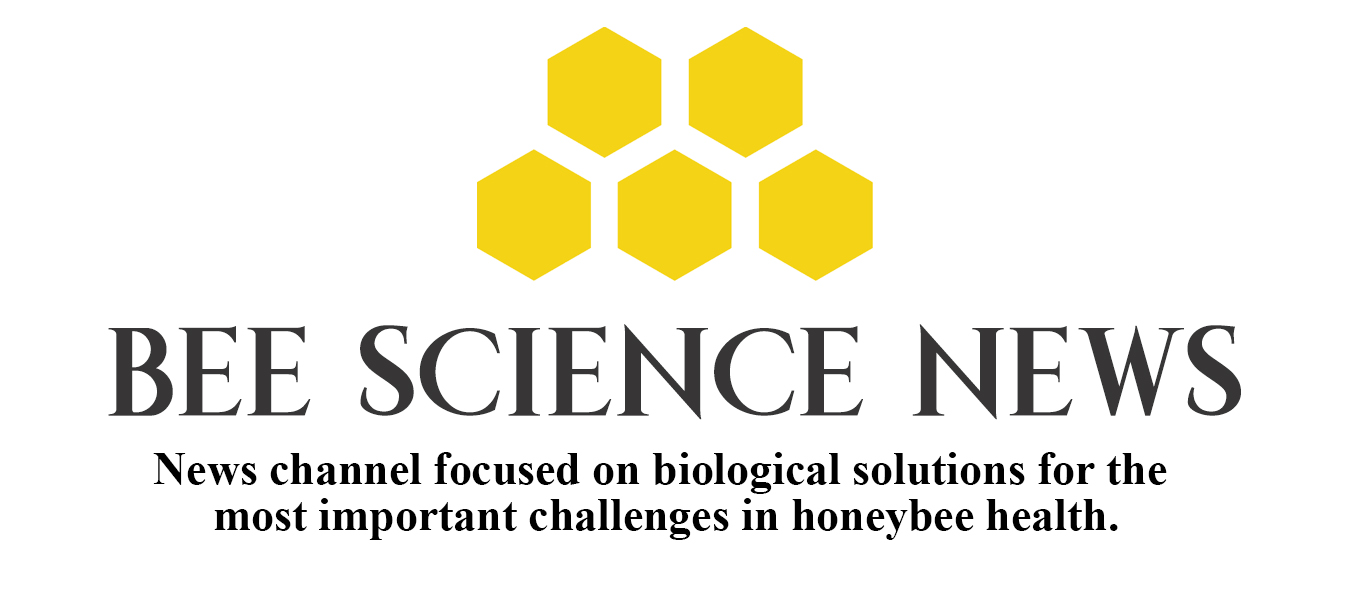The European honey bee (Apis mellifera) is an incredibly industrious, elegant, and resilient organism. Keeping bees goes back thousands of years – and studying honey bee biology is an appreciable slice of scientific research. A quick search of the U.S. National Library of Medicine’s National Center for Biotechnology Information (NCBI) yields more than 7000 peer-reviewed scientific publications in hundreds of U.S. and international journals in the past 50 years (see https://www.ncbi.nlm.nih.gov/pubmed/?term=honeybee for more information).

Every year sees a big increase in the number of publications, with 2017 being the record year with the highest number of honeybee related research published thus far (277 articles!). Peer-reviewed scientific publications are dense, esoteric summaries of work that was done by teams of highly trained professionals over many years. Dissecting and digesting a scientific article takes a lot of work.
That’s where we come in with an objective, comprehensive analysis of recent findings and work being done that has significant impact on how you keep bees. We will also keep in mind the bigger picture of pollination environment and scientific advances in agriculture that have potential implications for the beekeepers.
We’re happy to have you on board!
